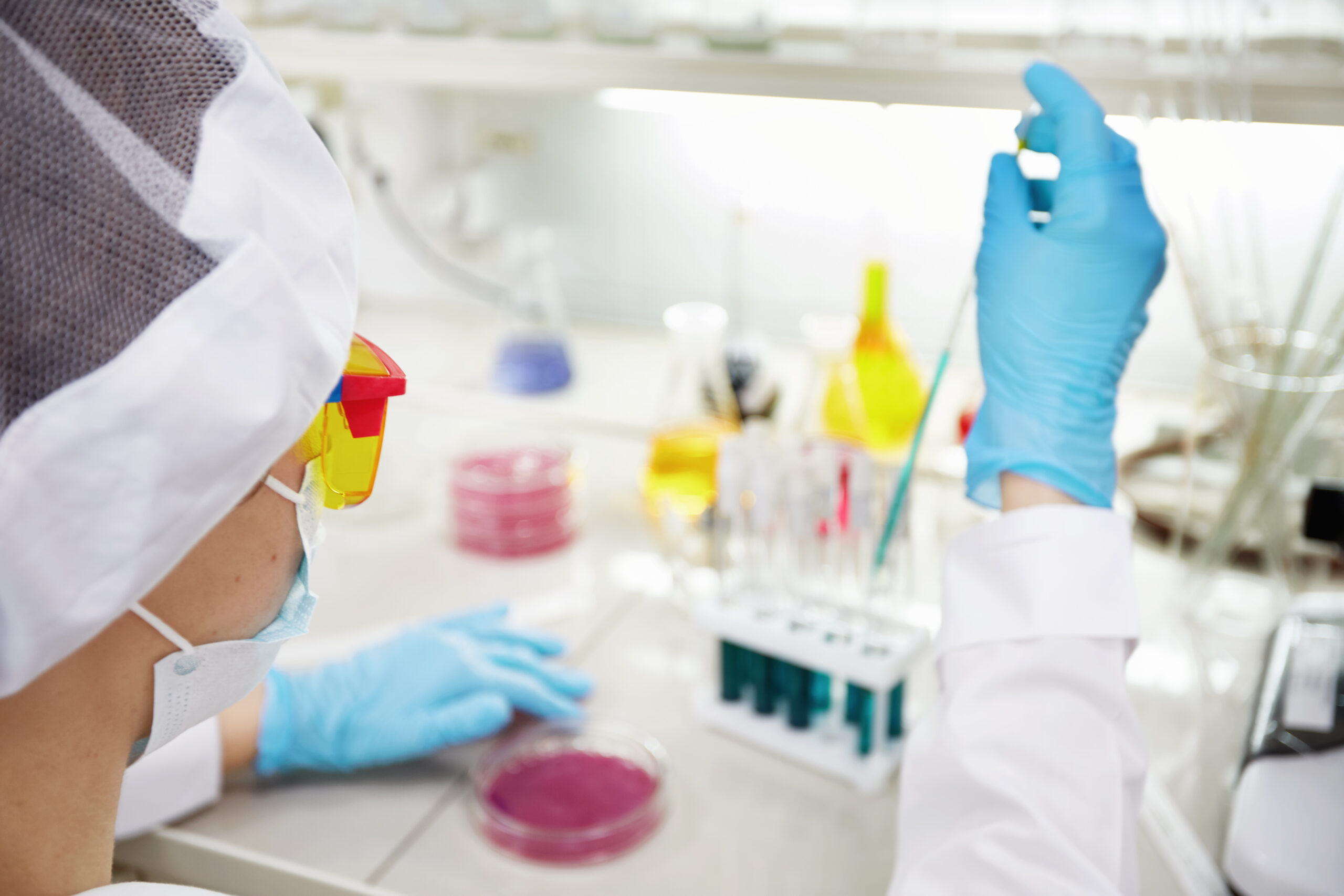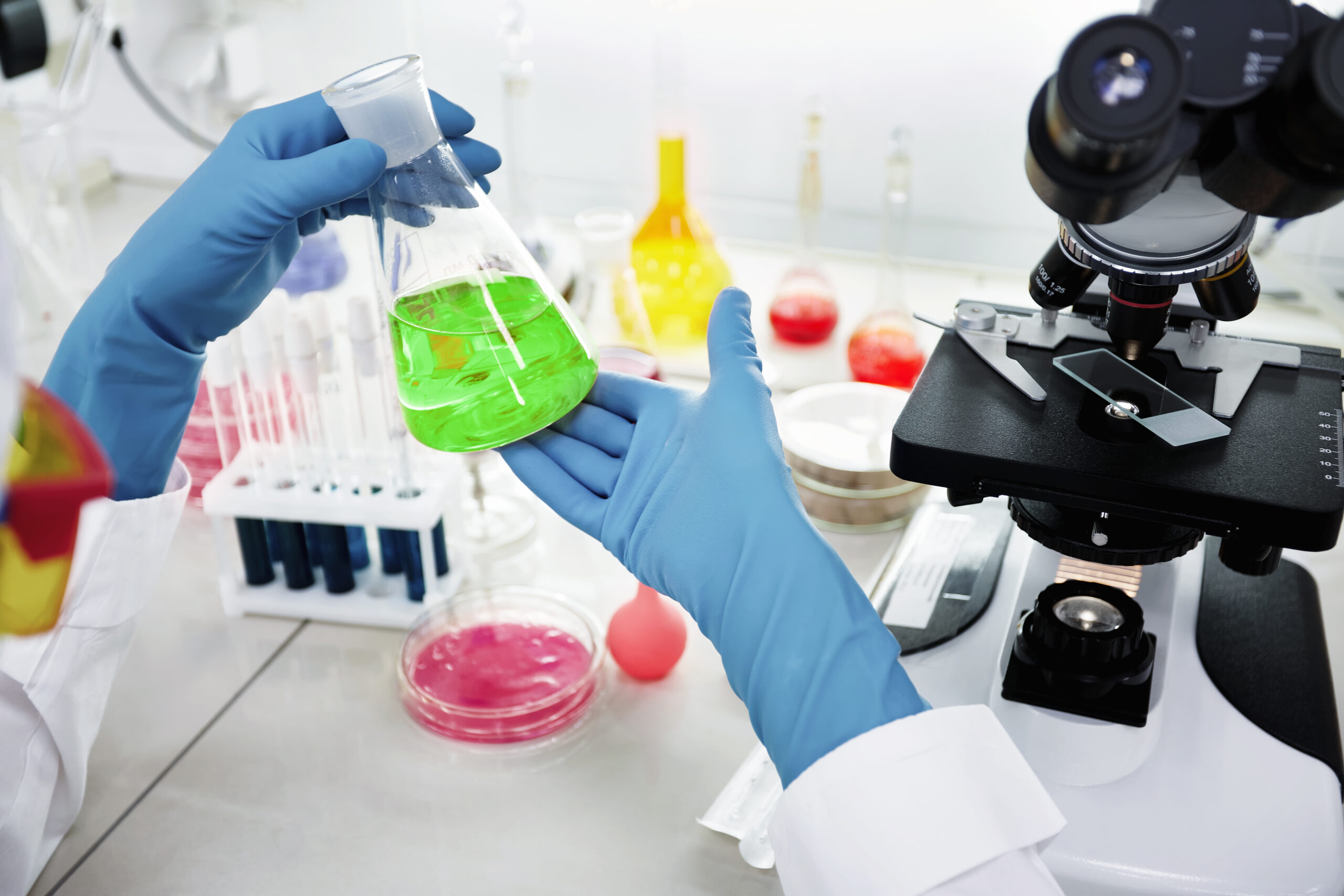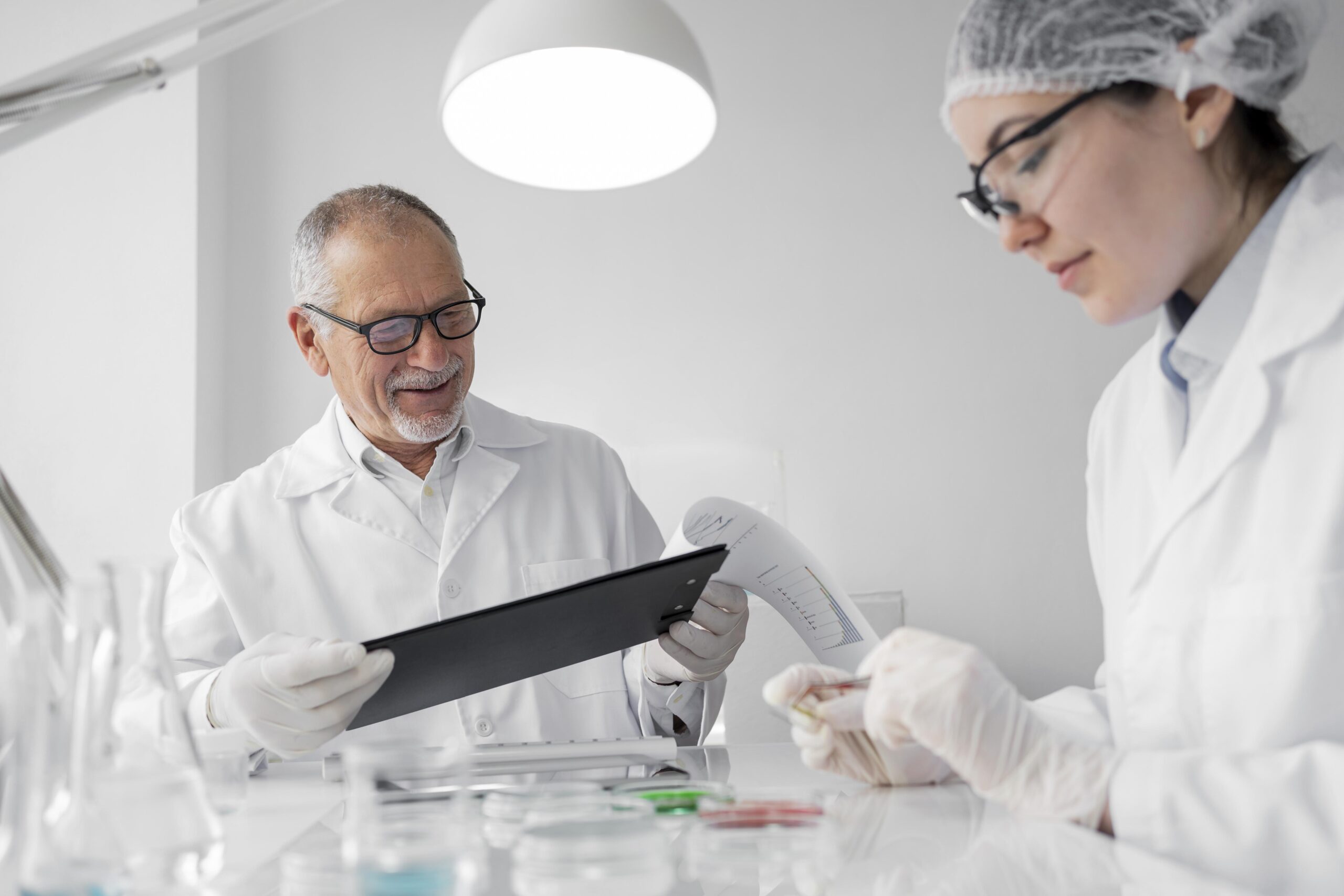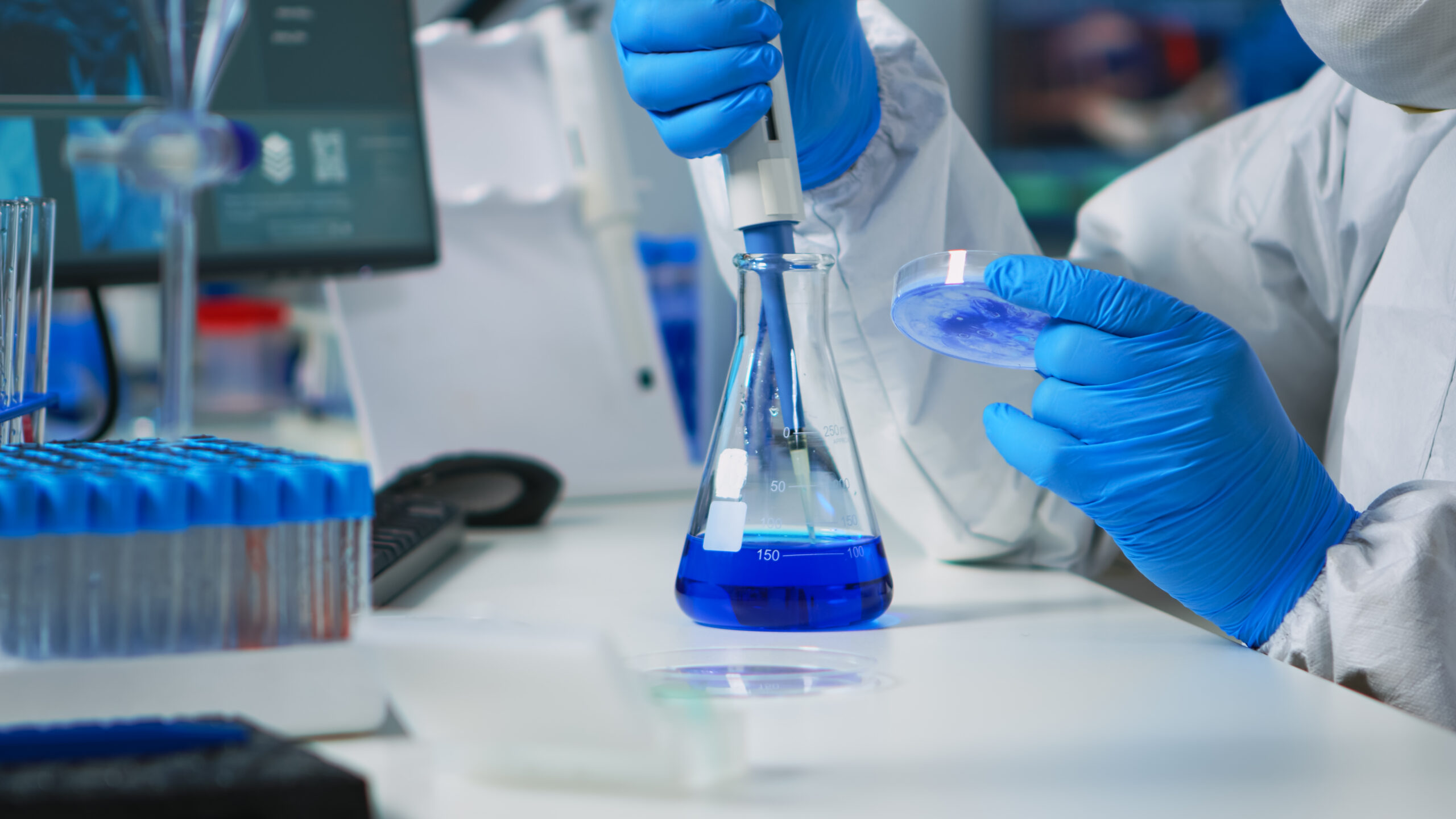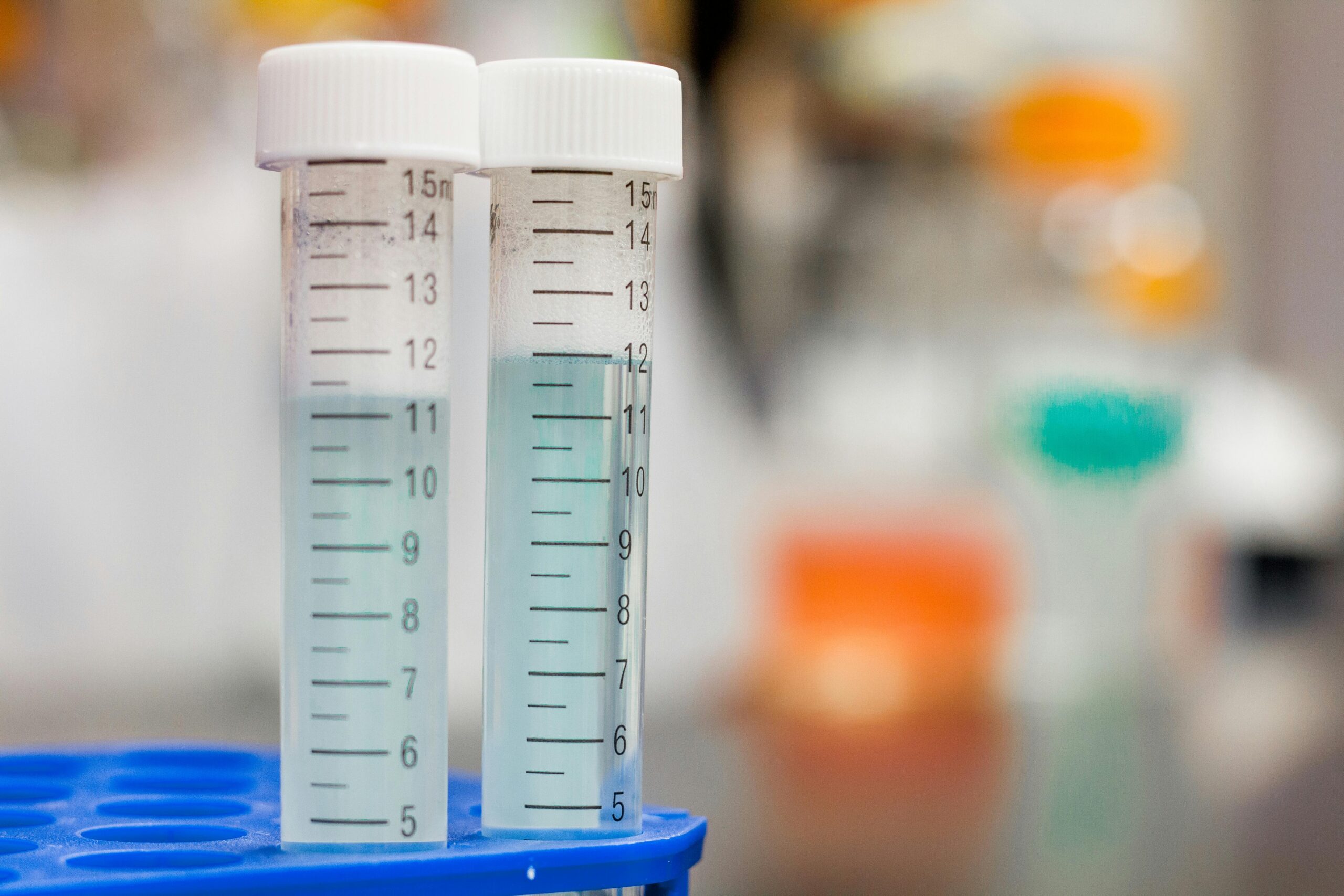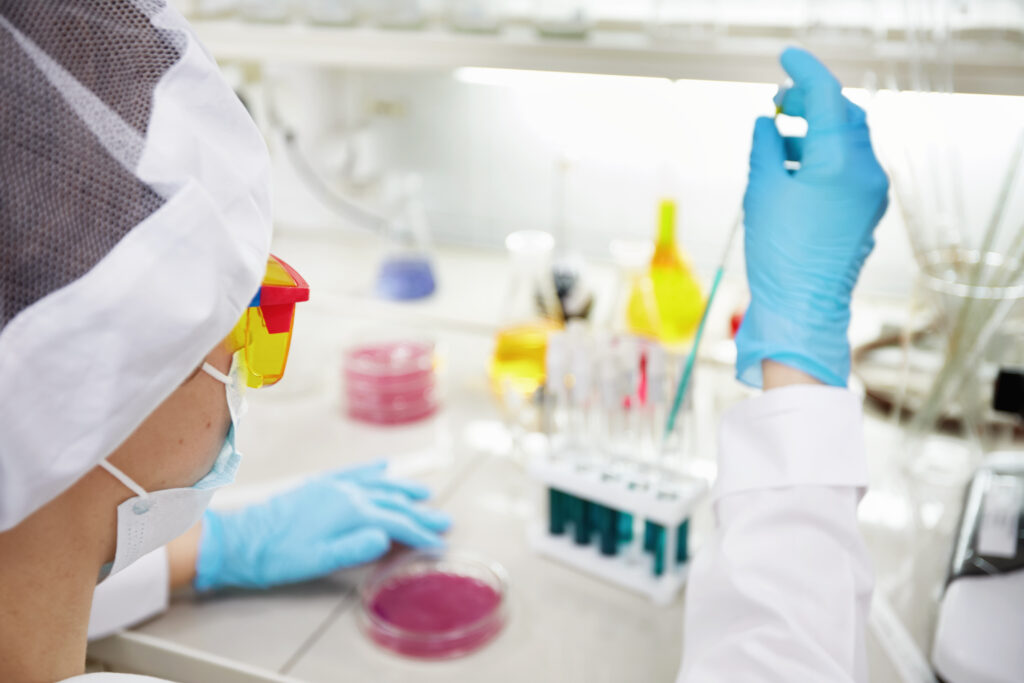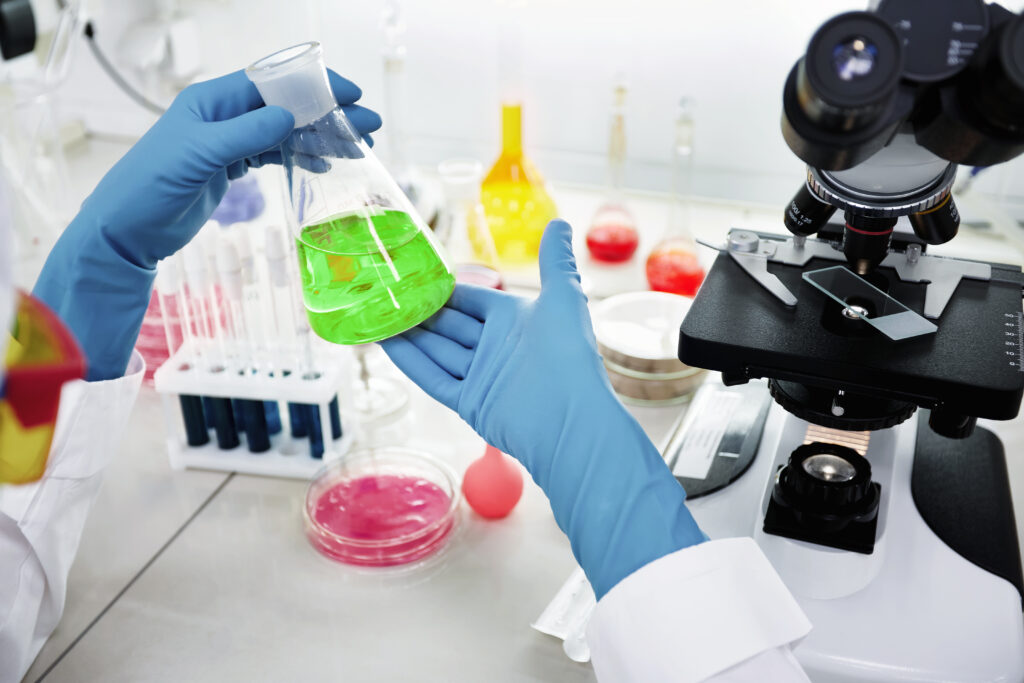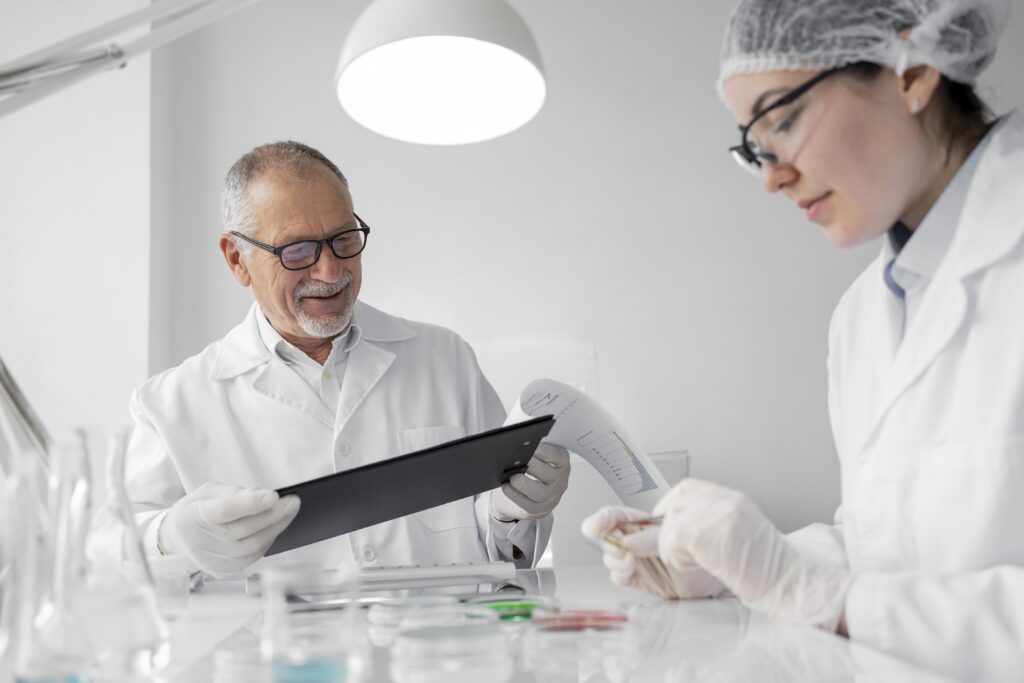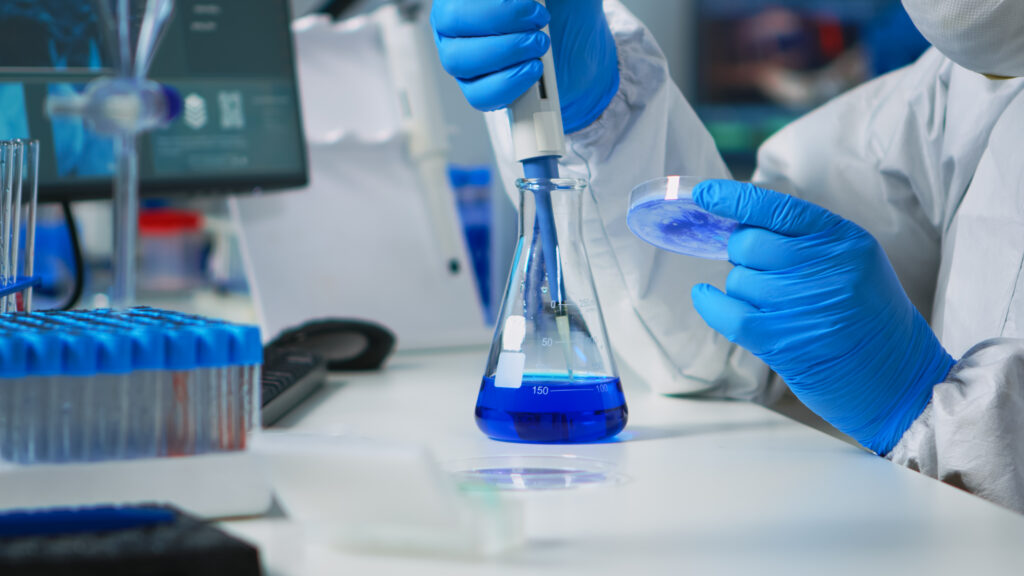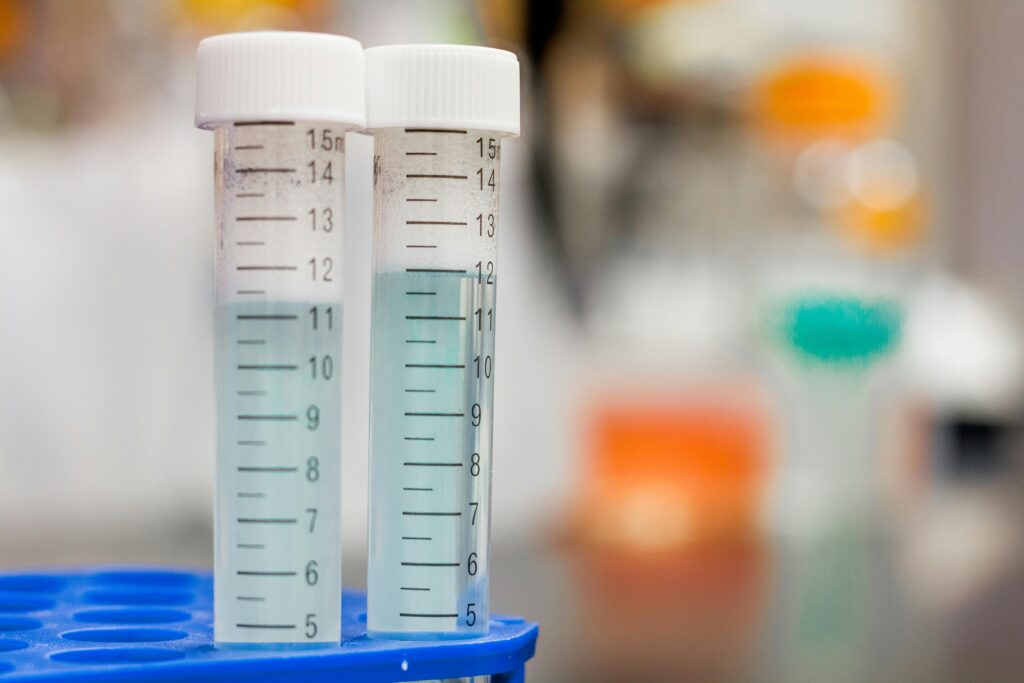Food Safety Inspections is a procedure issued by the government to make sure that food is clean, healthy, and safe for consumers. Irrespective of packed or unpacked food, a lot of food procedures happen behind closed doors. Thus, customers are often under the dark light of the food preparations and if they are fit for consumption. Inspections in the food testing laboratory are analyzed to make sure that food products are not spoiled or contaminated in any way.
1. Cleanliness and Hygiene
Cleanliness is next to Godliness; taking care of the cleanliness is the primary step to move in all food preparations. Harmful microorganisms from water, soil, people, and animals are at risk of sticking to things like ingredients, utensils, equipment, and hands. Thus, such harmful, dangerous microorganisms can transfer from one surface to the other, even on the verge of the most negligible contact.
Essential steps to take include:
Make sure to wash hands and utensils before and after preparing food
Clean your hands after visiting the toilet or handling trash and raw meat
Wash, clean, or sanitize all the products used for working and cooking
Make sure that the tiny particles do not involve in the cooking area with sand, dust, animals, and pests
2. Separation between Raw and Cooked Ingredients
There are microorganisms present in meat, poultry, and raw vegetables. If you do not differentiate them from cooked ingredients, dangerous microorganisms may get involved in the food and make everyone sick. This is coined as “cross-contamination.”
Necessary steps to take include:
Differentiating raw ingredients from other products when shopping
Make sure to use separate utensils and working products while handling essential ingredients
Storing foods in airtight containers and lids
3. Thorough Cooking
Harmful microorganisms can be eliminated from cooking, specifically with at least a temperature of 70 degrees Celsius, specifically through ingredients like poultry, meat, and the ones cooked in large pieces.
Necessary steps to take include:
Boiling water and broth until the boiling point or more than the boiling point for a minute is advisable
Checking up on a thermometer to test the temperature of meat or poultry
Tend to Reheat the food thoroughly and evenly
4. Keeping Food at Safe Temperatures
Necessary steps to take include:
Refrigerating perishable foods at the recommended low temperature
Preparing and keeping food ready at a hot temperature
Avoid storing leftovers for more than three days in the fridge
keeping the hot food to cool down before keeping it in the fridge
Food products such as raw meat tend to be harmful if not prepared properly. Especially the correct cleaning is vital, and sanitizing procedures are in place; harmful pathogens can spread quickly. Thus, SMSLA provides the food inspection services in a food testing lab in Bangalore. Regular Food Safety Lab Inspections are very impactful for the council as it protects consumers from irresponsible food handling practices and the risk of spreading of foodborne illness.

